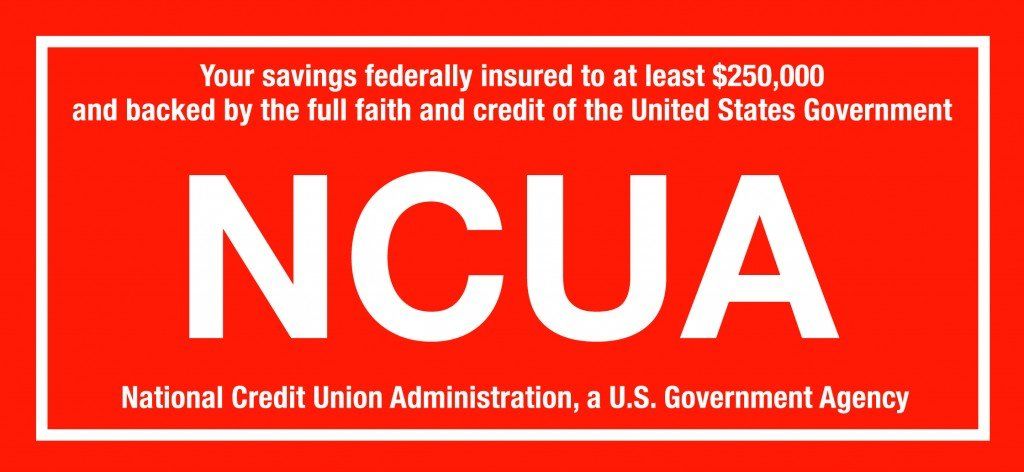Managing Variable Expenses

What Are Variable Expenses?

Variable expenses often contrasted with the term "fixed expenses", are defined as bills that are a different amount every time. Think groceries, entertainment, or heating costs (because they are typically seasonal). These are all expenses you know you will have but never know exactly how much they will be. Many people struggle the most with variable expenses because it feels like there is no real way to prepare for them.
How do I track variable expenses?
Keeping track of variable expenses, and working them into your budget can be quite difficult. When you don't know how much an expense is going to cost you, how do you plan for it? Ideally, even if an expense is not the same amount every month, you can estimate the costs you will have within reason. To get a figure for each expense, try looking at what you have spent on that category over the past 6 to 12 months. Total that up, and divide by either 6 or 12 (the number of months you tallied). The figure you get is a good "starter" amount to set aside each month, allowing room either way for fluctuations. As time goes on, you will be able to get more precise with the amounts you budget for variable expenses.
How much of my budget should be variable expenses?
The short answer is "it depends". Generally, you should be budgeting about 50% of your income for expenses that you consider "needs" and 30% for "wants". There will likely be variable expenses in both of these categories. After you list all of your obligations, see where your variable expenses fall. Where can you regulate some of these, making them more 'fixed'? Which can you lower or eliminate? Your rent and basic housing needs are pretty stationary costs, but food and home energy costs can fluctuate, so remember to allow extra room whenever possible for those fluctuations.
The Bottom Line...
Variable expenses are tough to track, especially if they are intermittent in your budget. Looking back over trends from past months/years can help you get an idea of what to expect moving forward. Building some room in your budget to account for variations in these expenses is the key to staying financially stable.

